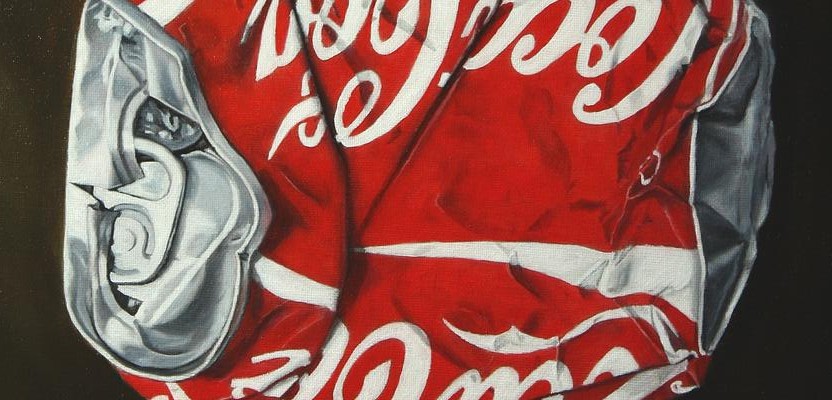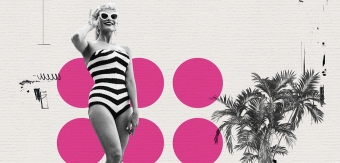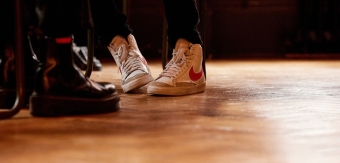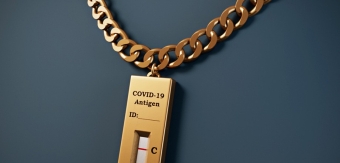A couple of weeks ago, we covered some of the commercials filling the breaks in the Superbowl - one of which came from Coca-Cola. That particular spot invited viewers to submit negative tweets to a hashtag, whereupon the words would be transformed into one of those ASCII character pictures one sees from time-to-time. The hashtag was #MakeItHappy and Coke's stated mission was to “tackle the pervasive negativity polluting social media feeds and comment threads across the internet”. A noble, if rather ambitious, aim. And, as it turned out, a red rag to a particularly mischievous bull.
At first, all went swimmingly, with 140 character missives being instantly converted to images of singing chicken legs, palm trees in sunglasses and lovely little mice. But there's a cynical streak in human nature, which views this sort of thing as altogether too cute, soft and fluffy. In this instance, that streak belonged to arts and media website Gawker. Quickly realising the potential for subterfuge, Gawker's editorial director Adam Pash knocked up a bot to merrily feed the hashtag sections of Hitler's 'Mein Kampf'. Coke's bot, in turn, happily translated the text into further cartoony pictures - including a cat playing drums and a banana grinning. By the time a well-known quote from the fascistic book was rendered as a pirate ship with a happy face on its sails, the Coke bot stopped responding. A day later, the campaign was taken down.
"The fizzy drink manufacturer was only trying to make something positive."
The question is, was Gawker acting in a mean and irresponsible fashion when it effectively vandalised Coca-Cola's interactive campaign? After all, the fizzy drink manufacturer was only trying to make something positive from all the bullying and vileness constantly streaming through social media platforms. Here's what they said: " “Building a bot that attempts to spread hate through #MakeItHappy is a perfect example of the pervasive online negativity Coca-Cola wanted to address with this campaign.”
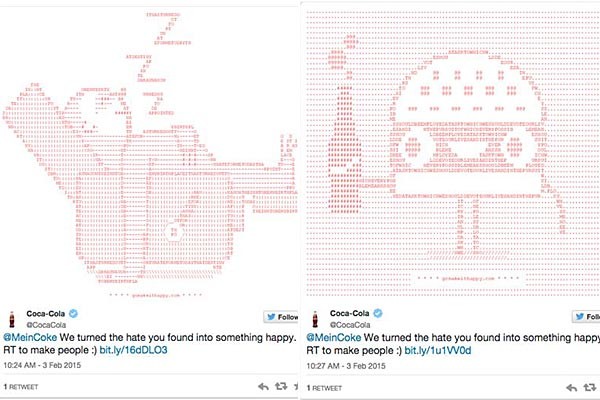
I guess they have a point, but I'm amazed by their naivety. Anyone with the slightest insight into the digital world, knows that open forums attract all manner of unwanted replies. Just look what happens when a well-known figure uses an #Ask... hashtag. An avalanche of daft, pointed and abusive questions appears almost instantly. Why Coke and their digital agency didn't anticipate something similar, I can't begin to guess. I don't think Gawker's subterfuge was especially witty or clever, but it was entirely predictable that someone, somewhere would start sending the Cola bot inappropriate content. Indeed, it could have been much worse.
Where the failure really occurs, is in Coke's reaction. Sulkily removing the tool and moaning about how horrible Gawker have been, was extremely lame - handing Gawker something of a victory. Would it not have been smarter to lift copy from the Gawker site, and satirising it in those ASCII images? Anything would have been preferable to the 'crying and taking our ball home' reply. Neither party comes out of this smelling particularly sweetly.
For any brand considering an interactive campaign using social media, there's a lesson here. Once you put your work out there, it will largely be beyond your control. Negative responses will be as valid and visible as the positive ones, so you absolutely must have a strategy for handling them. Anticipate and expect a swathe of attempts to undermine your efforts and take it all on the chin. Because if you don't, your creative flourish and sizeable budget will be wasted.
Magnus Shaw is a blogger and a copywriter
